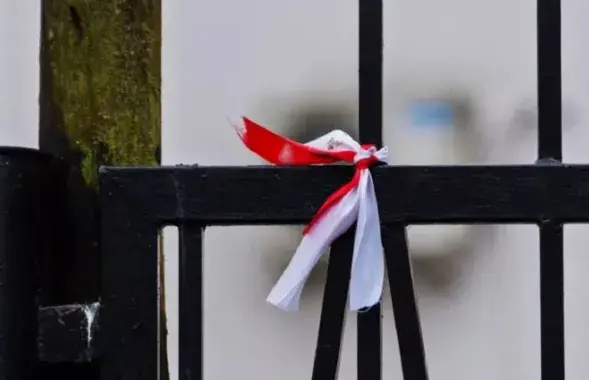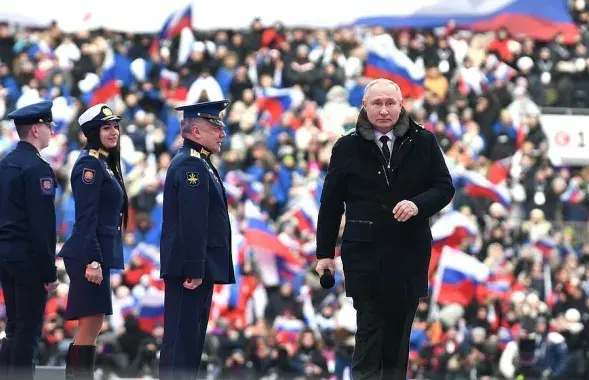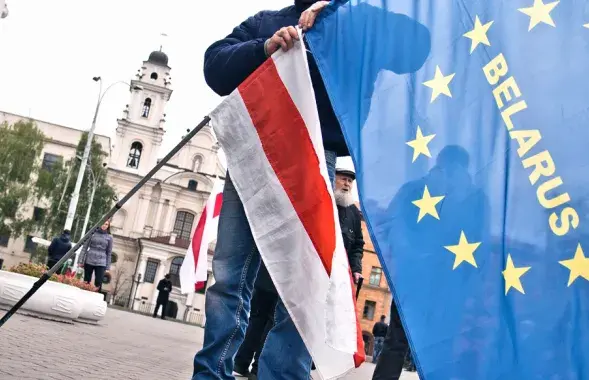Video surveillance to be stepped up in public places
The video surveillance in Minsk is to be increased at two times, with more cameras to be installed in discotheques, restaurants, cafes and other locations, known for massive gatherings of the public.
There is currently a total of 56 cameras, carrying out a 24-hour surveillance at the train terminals, squares, markets and the airport in the Belarusian capital.
The European Radio for Belarus has asked Aleg Slepchanka, the deputy chief of information and public relations at the Belarus Ministry of Interior, what stands behind these measures.
“Naturally, we want to protect our citizens from any danger. The cameras have made life easier to ordinary people, not only to the police force. You know, it is not possible to place a police officer at every crossing.
Although mobile police patrols are always there, but it can always happen that at a certain moment there will be no police officer around. But, when we see on our monitors that a possible offense is going to happen or has already happened, we respond in a centralized way along the whole chain of command,” he said.
[ERB’s FILE: The first surveillance cameras emerged on the streets of Minsk in early 2003. 25 cams were located along the main Skaryny Avenue (presently, Independence Avenue).
Minsk has become the third city after Moscow and Volgograd among the former Soviet republics where the 24-hour surveillance was launched.
Video surveillance has also been introduced in the other cities and regions of Belarus. In Brest region, there are 63 cameras; in Vicebsk region – 182; In Gomel region – 13; in Magiljou region – 88.
It is understandable that operating this equipment is costly. Aleg Slepchanka tells us where the funding for this comes from.
“The human health is more costly. I do not think that this equipment is very expensive. Anyway, the funding comes from the city’s budget.
The Mayor is the one giving a go-ahead for such programs. I think it is not big money for the city’s budget, especially from the point of view of the benefits for the public security,” he said.
Video surveillance has become a common thing not only in Belarus. All the European nations have used video surveillance for years. For example, there are around 500,000 surveillance cams in London.
Does it create a conflict with the right for privacy? It is a very difficult question. On the one hand, video surveillance has helped reduce the crime rate.
It is clear that there will be less of those could think of committing an offense, if they know they are being under permanent surveillance. On the other hand, many people do not wish to be under the police eye, even if it is just the kissing of your girlfriend that is being videotaped.
Pauljuk Kanavalcyk, the producer of the Navinki Home Video, says he is one those who look at the video surveillance as the infringement on their privacy.
“I treat it as the interference with my privacy. There is nothing surprising in this trend. I look at it as a violation. But, the same violation takes place in the European nations.
One should not link these measures in this country with the political situation in Belarus. I think it is not right, because the same measures have been introduced in the truly democratic nations, too,” he said.
Photo by citnews.ru
















